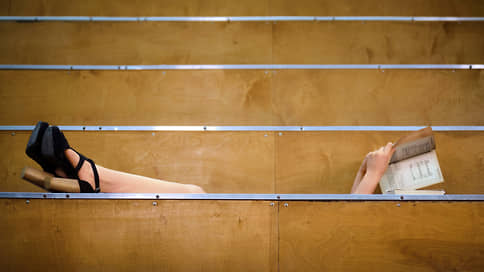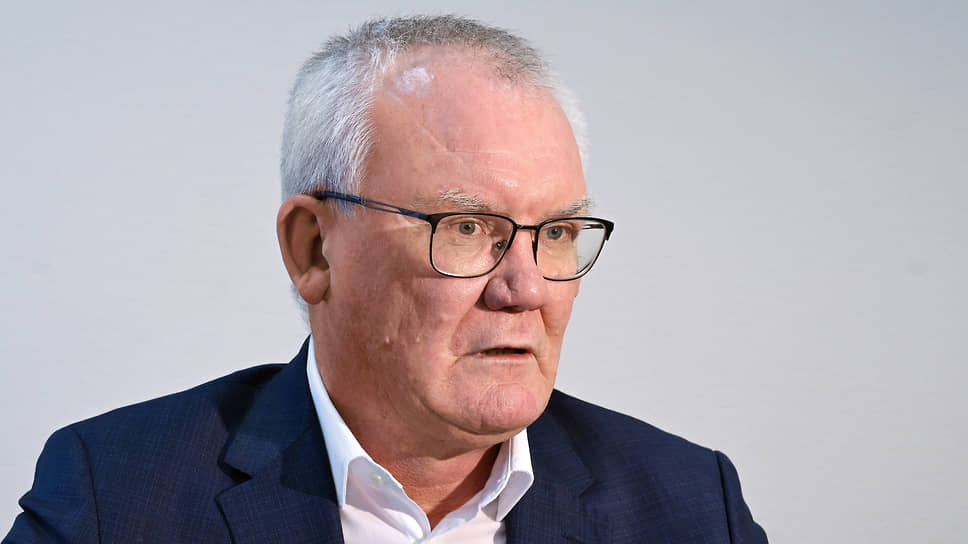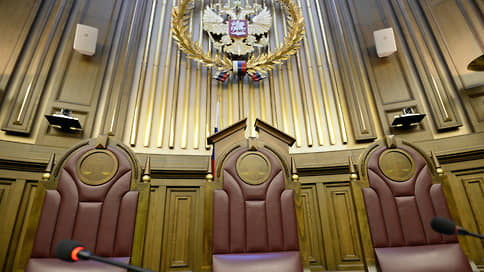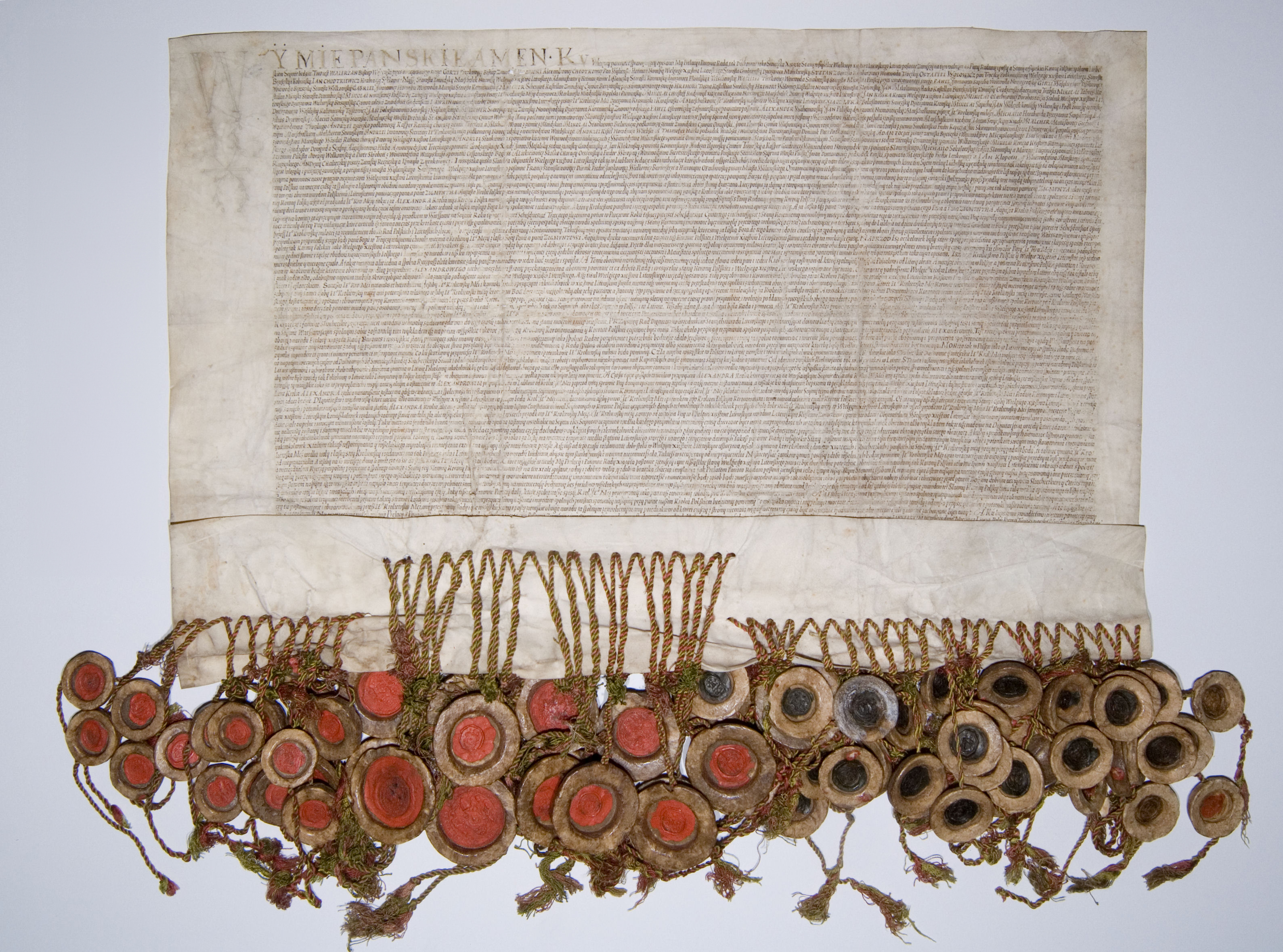Russian universities will limit the opportunity to train students on a paid basis

Russian universities will limit the opportunity to train students on a paid basis – such amendments to the law “On Education” were adopted by the State Duma on May 20. It is assumed that the government before each school year will establish the maximum number of paid places for the whole country. Then the Ministry of Education and Science will distribute them between universities based on the criteria developed by the Ministry. Moreover, it will now be possible to take a preferential educational loan only for training in specialties, “the relevant tasks of the technological leadership of Russia”. Their list will also be approved by the government.
Yesterday, May 20, the State Duma in the second and third readings unanimously approved the bill on the government regulation of paid higher education. The corresponding amendments were introduced on April 4 an inter -fractional group of 346 deputies and five senators (including speakers of both chambers Valentin Matvienko and Vyacheslav Volodin). Earlier, President Vladimir Putin called for “excluding an excessive paid set in the specialties, areas of preparing higher education, which lacks demand from the economy and labor market” (see schedule).
Now universities independently decide how many students they will teach for money and for what specialties. It is assumed that the rectors take into account the number of teachers, the university infrastructure and the popularity of specific professions among applicants. The authors of the bill, following the president, are sure that this right needs state restriction. “The overabundance of graduates leads to a low percentage of their employment in the specialty and high competition for the workplace,” the explanatory note says. The deputies are also confident that the quality of training of payer students is generally lower than state employees. They indicate that for money you can do with a low USE score, and are sure that universities less often expel such students for poor performance, because they do not want to lose their earnings.
The first version of the bill suggested that the government would annually approve the amount of paid reception in all directions.
But by the second reading the concept has changed: the government will create a list of specialties for which the maximum number of paid places will then be installed.
After that, the Ministry of Education and Science « through the Interdepartmental Council » will distribute places between universities.
The head of the Ministry of Education and Science, Valery Falcov, told the deputies that the government commission on scientific and technological development will be preparing the list (headed by Deputy Prime Minister Dmitry Chernyshenko). Offers for the number of payer students for each specialty will be prepared by the Ministry of Labor, the Ministry of Economy and the Ministry of Education and Science. While Mr. Falcov proposed three criteria for the distribution of places between universities. “The first and most important is the quality of the reception,” that is, the average score of the USE of applicants and the number of enrolled “olympiads”. The second criterion is the percentage of employed graduates of the university. The third, “additional” is the size of their wages. “Together, three of these criteria allow us to make calculations and set the maximum size of paid places for a single university, taking into account the situation in the country and the subject,” concluded the head of the Ministry of Education and Science.
The discussion of the bill in the State Duma showed that he was not fully understood by the deputies themselves. So, Alexei Kurinin (Communist Party) asked if the amendments of private universities would affect, where all students study for money – because in this case the logic “Demand gives birth to a proposal” will be lost. And Mikhail Matveev (Communist Party) proposed to bring out a second higher education from state regulation, « since adults consciously choose exactly what they need. » In response, the head of the Committee on Higher Education, Sergei Kabyshev (SRZP), recalled that the law is “framework”, and the government will then formulate all the mechanisms. The Ministry of Education and Science promised to prepare projects of by -laws for a month.
Note that the second part of the accepted bill changes the rules for issuing a preferential loan for education. Now the government will determine the list of professions corresponding to the “tasks of ensuring technological independence and technological leadership of Russia” – and only on them it will be possible to get loans with state support. According to Mr. Falkov, engineering, medical and pedagogical specialties will first be in this list. Earlier, the agency reported that since 2007, the most loans were taken to teach jurisprudence (9.4%of borrowers), management (6.7%) and economics (5.9%).
“Kommersant” asked several universities to evaluate how the restriction of paid admission would affect their income. However, all the interlocutors of Kommersant refused to comment on the amendments until the Ministry of Education and Science would approve the by -laws.
The administrative employee of one of the Russian autonomous universities (this status provides for significant financial and managerial independence), on the rights of anonymity, said “Kommersant” that the restriction of paid reception “completely contradicts the principle of“ earning universities ””. “An increase in the budget (educational institution. « Kommersant ») Due to the opening of paid programs, at its choice, it forces universities to compete with each other, to offer more interesting formats and educational products, to fight for qualified teachers, having the opportunity to pay good salaries, ”said the interlocutor of Kommersant.“ The proceeds are spent on the development of infrastructure and additional opportunities for students. ” The expert fears that the state distribution of paid places between universities will increase corruption risks.
The chairman of the Council of the Association of Private Educational Organizations, Vladimir Zernov, called the initiative “excessive”, saying that to improve the quality of education, not restrictions on admission, but more strict control are needed. “An unlimited number of students can also be recruited to paid places, but the weak ones will be cut off according to the results of the session, if they are seriously approaching this,” he said. According to Mr. Zerinov, it is necessary to increase the popularity of specialties necessary for the economy using career guidance and improving teaching technical subjects in schools.





/s3/static.nrc.nl/images/gn4/data132596416-699601.jpg)

